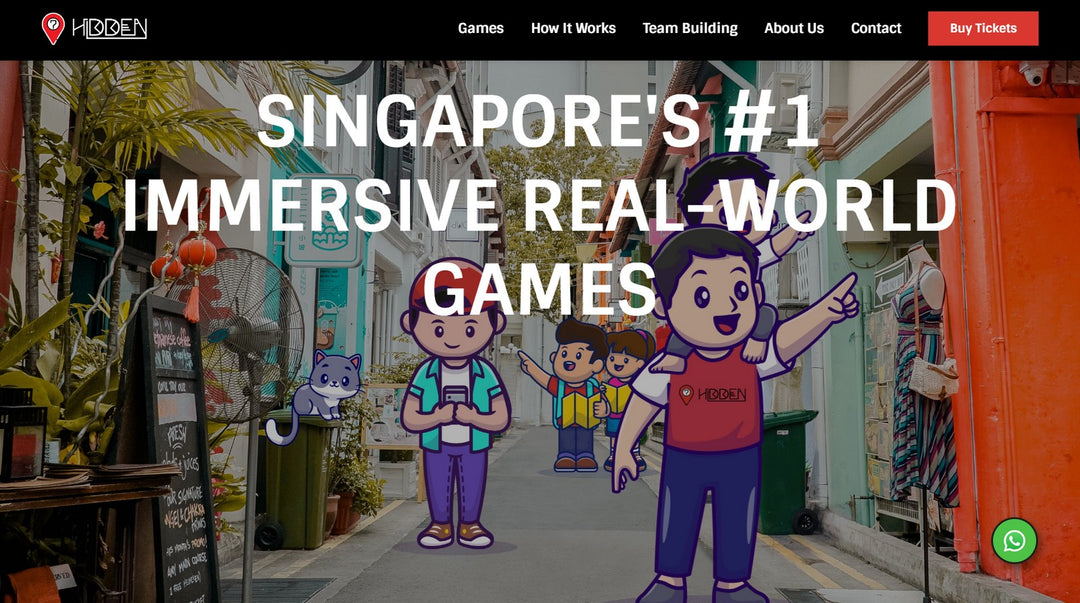Why playing games paves the way to learn skills needed in “AI future”

In the short time that AI has taken hold of the public imagination these past 18 months, so much has become automated and “taken over” by the generational breakthrough in technology.
Missed a meeting with the team? Ask AI to sum up what was said so you can quickly have a gist of what went on. Sure beats replaying the entire recording of the video call.
Have to send in a bid for a tender? Let AI read through the voluminous pages of details, specifications and legalese then have it prepare a detailed bid that is aimed at meeting the requirements.
For all you know, the customer calling for the tender could be using AI to summarise all the bids that come in, so they don’t have to read through each one manually. Yes, communications will be very much mediated by AI in future.
When one of the most human things about doing business - communication - is being managed by AI, it is no wonder people are worried that they would lose their jobs.
And it’s not just “menial” jobs that are repeatable and tedious but also so-called high-level white-colour jobs that involve making sense of a business environment or closing deals that are in danger.
This calls into question what skills are needed in an “AI future” where repeatable tasks are highly automated and sense-making is increasingly mediated by AI analysis tools. The answer is in one thing AI still doesn’t do so well in - creative, lateral thinking.
In an AI-programmed world, where solutions are often just a few seconds or minutes away with a prompt, skilled workers need to not just learn the tools available to be competitive but also be able to offer a level of intelligence that is higher than the machine output.
Lateral thinkers are needed more than before because they can find new solutions in an unconventional way. While AI can learn from a growing number of large datasets, it is still limited, at least for now, by the rules and guardrails put in place to limit inaccurate responses.
Humans can think out of the box, at a time when the AI magic “black box” is becoming the default option for problem solving. In other words, people who can offer a unique solution unlike what an AI is able to propose will succeed in future.
Old rote learning will become hard to justify in an era where there is instant knowledge provided by AI. Why memorise all the data when it is available easily?
Yes, people still need to learn and have the basics stored in their heads but there is no need to wreck one’s brain to recall a lot of data in future.
What’s more important is understanding the logic behind how things work and using that to find the solution to a problem. AI can help analyse an issue and provide possible solutions but ultimately the decision to pick the right one is down to an acute awareness of the various possibilities.
This is where games can be a valuable learning tool. Often, they involve problem solving and critical thinking in an interactive, engaging manner. This could be in devising a strategy to defeat a tough enemy boss or building up one’s fortress in a game like Minecraft to ward off, say, zombies.
These crucial skills encourage agility and flexibility, traits that are important to making the right decisions at a time when AI will provide several options to manage a business challenge.
Games also encourage speed of thought and coordination, values that are increasingly important when you are needed to not just make the right decision but to make it in a timely fashion. Indeed, timeliness is going to be a crucial difference at a time when everyone seems to have the answers, thanks to AI.
Over the years, games have been affirmed to help in learning anything from languages to mathematics. In the new AI future, the skills and experiences they foster will be even more valuable.
When the Internet came along more than 20 years ago, the floodgates to boundless information were thrown open and the challenge was to make sense of it. To be successful, one had to be able to distill the data and use it well.
Now, that problem could be solved by AI, which elevates what the Internet brought by making analysis, problem solving and communication so much easier. It helps people derive meaning - accurately or not - from the flood of information.
In such a world, games will be valuable in building skills in critical thinking, agility and coordination. To solve problems in this AI future, gamers will know that there are many ready solutions available and to use their experience to pick the right one, even if it’s an unconventional one, to deliver the desired results.










